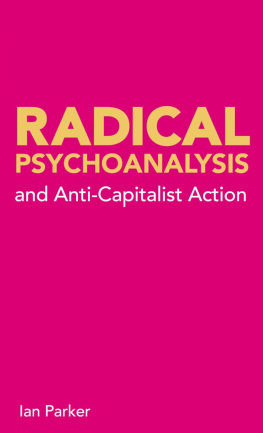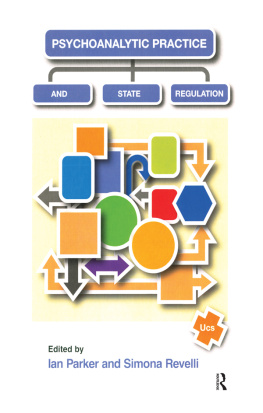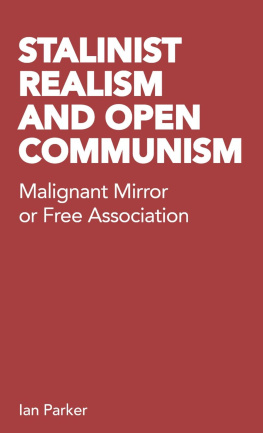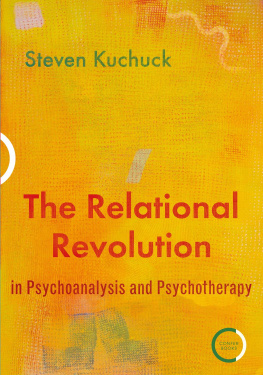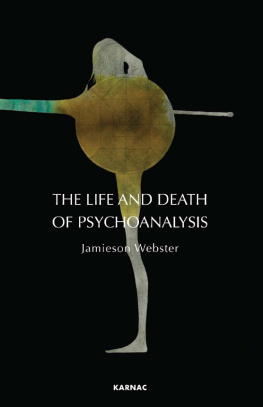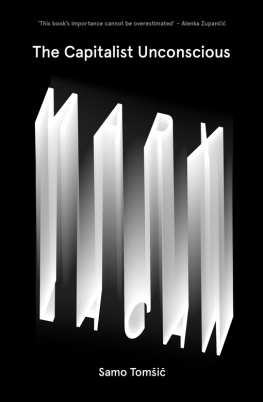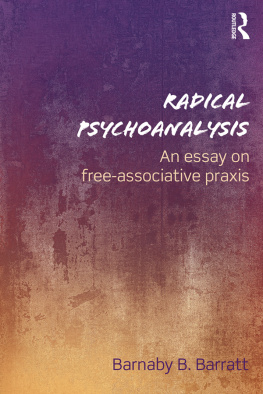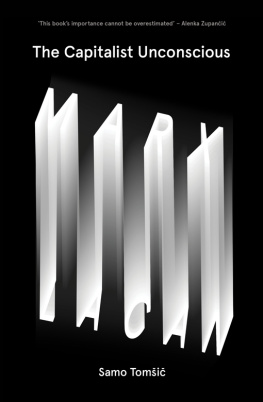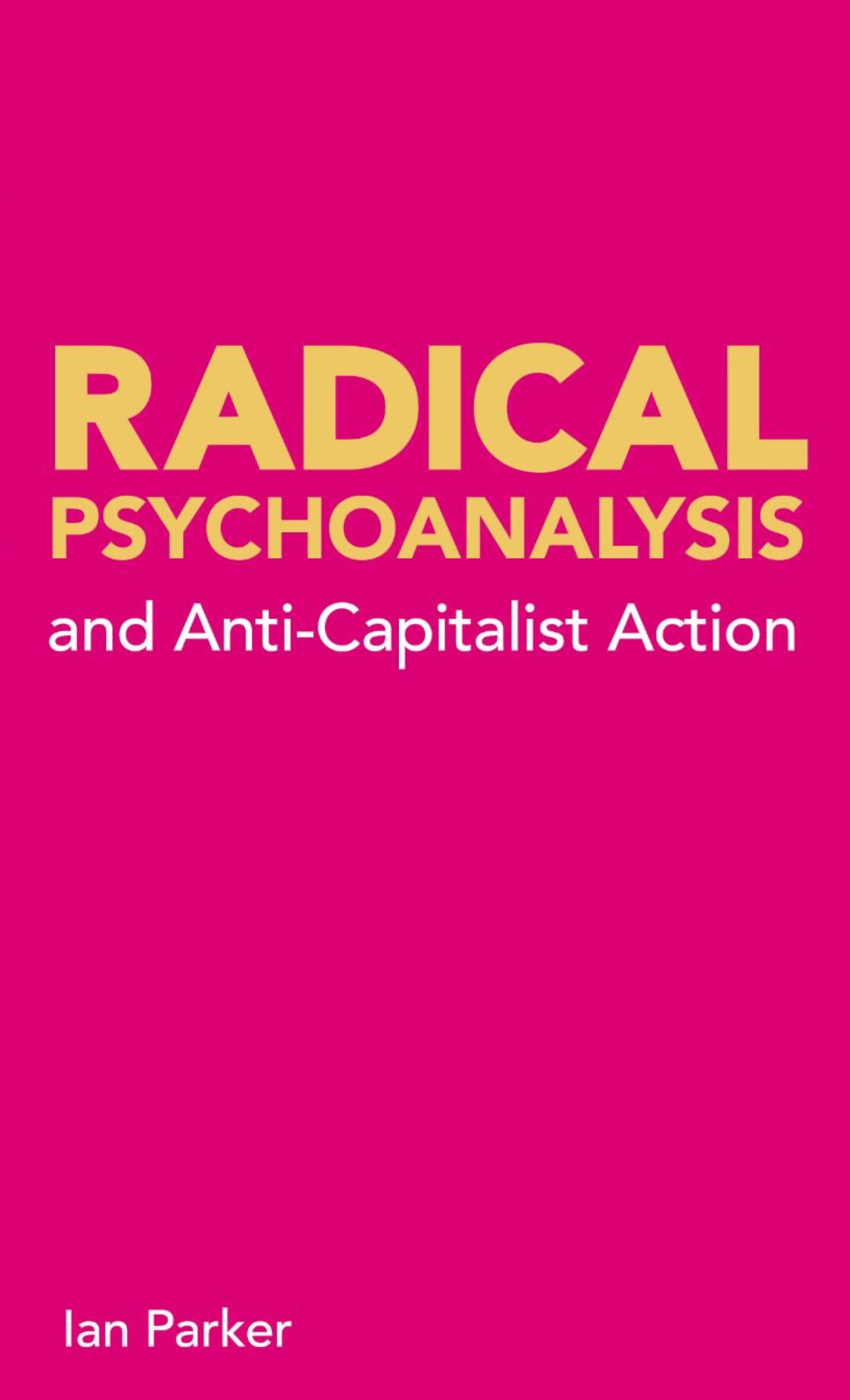Ian Parker is a practising psychoanalyst in Manchester and a revolutionary Marxist. He also writes, and his books include Socialisms: Revolutions Betrayed, Mislaid and Unmade (2020: Resistance Books) and, with the Mexican revolutionary David Pavn-Cullar, Psychoanalysis and Revolution: Critical Psychology for Liberation Movements (2021: 1968 Press).
Politicians of all stripes now talk about mental health. They tell us how they have suffered, and promise more resources to put things right. At the same time, welfare services are being cut, people are told to sort problems out for themselves, and the state is beefed up to deal with dissent. With increasing misery comes increasing anger, some of it directed at capitalism and some of it turned around against ourselves, even into ourselves, so this sick system also makes us sick. Energy that could overthrow this rotten system is turned around to sabotage our collective struggles for a world beyond capitalism. Mainstream mental health and well-being programmes are too-often focused on making us change our thoughts, urging us to be happy, and fit in. But there is an alternative. The alternative comes through political action, through anti-capitalist resistance and many other political struggles, and this is where radical psychoanalysis can be our ally. But to make it our ally we need to know what it is and what it could be. Another world is possible, and psychoanalysis opens up possibilities for personal and political change.
Human beings suffer and also, against all odds, they thrive. They do both in very different ways in different cultures and at different points in history. We suffer now from a sick world, a capitalist world, and the suffering is quite specific. It takes different forms for each of us, and that is why a psychoanalytic approach to suffering listens to us one by one, listening to our distress, our different ways of living and barely surviving in this world.
We cannot pretend to understand completely the complicated and hidden ways each one of us suffers, but what we do know is that capitalism as a sick system is grinding us down while it destroys the world. Capitalism, a system of political-economic domination, also intensifies other forms of oppression, including sexism and racism, and it turns us from being the ones who can change the world into our own worst enemies, so we become attached to our misery while blaming others for it.
Separation and conflict
We want a world where we can live and work, be creative and happy, but we are torn apart and torn from each other, while those who benefit from this terrible destructive exploitation rub their hands and encourage us to join them. Those in positions of power and privilege want us to scramble upwards, treading on everyone else, as they do.
The false promise is that by working our way up, and abandoning those who suffer alongside us, we can be happy. The promise is that more money and more power, especially power over others, will relieve our misery. In the process this might, those in power hope, even dissolve our knowledge that things are wrong, that this kind of world is built on lies. Ideology that tells us we cannot change is a system of lies. It is just not true that we cannot change, be otherwise.
Separation and conflict in this sad world are quite specific to capitalism; this is alienation, which has awful effects, and which psychoanalysis has insights into, insights into the depth of suffering and into the way distress paralyses us and turns our energy for change into resentment at each other.
Alienation as competition
We are already separated from each other in the market-place for labour power. That labour power is what we sell in order to get a wage, what we must sell in order to survive. Labour power is not only physical but also mental, and mental labour in a software company for example, is then treated as superior to physical labour. It is not, but that feeling of superiority is part and parcel of the competitive world in which we sell our labour power, a world that alienates us from each other. We then compete to get the job, compete to keep the job, compete with foreigners, who, we are told, are threatening our jobs; and we resent those who seem to have cushy jobs.
In this way, alienation as competition with others drives us into our own little individual selves, the tiny world of the individual body separated from others, and we become convinced that it is only individual struggle and individual success that counts. This is ideology. This is the false self-destructive world, and the private inner world, where we imagine that all that counts is the I, what is good for me; this self-contained individual me is what psychoanalysis calls the ego. Some psychoanalysts aim to strengthen the ego, to adapt it to society, to enable us merely to survive, help us compete, but radical psychoanalysis reminds us that there is more to us than this.
We are who we are with and alongside. Psychoanalysis describes how we patch together our sense of self, our ego, from our relationships with others. Early relationships are crucial, but this is a process that continues throughout life, something we notice in the way we borrow words and phrases and little tics from those who are close to us, as well as from the media.
But another world is possible, and also possible is another way of being human. Then we can come to be who we are among others, with us, tackling that competitive alienation in collective struggle.
Alienation from our bodies
Psychoanalysis shows us how this miserable separation from other people in the world of work under capitalism also separates us from our own bodies. Each of us locked into our selves must sell our labour power, and that labour power is there in the body that takes us to work or in the brain that must produce something for a wage. So, alongside the fear that someone else will take our job is the fear that our own body will break down, let us down, even turn against us.
Our bodily health is then intimately linked to our mental health. We become anxious and depressed about what our body cannot or will not do. And we have enough examples around us to learn that those with bodies that are not healthy enough will quickly be disabled, turned into the waste of this rotten system.
Alienation from our body then becomes something toxic, and we may live our distress through our bodies. We know friends and relatives who have already done this, been broken and stuck in misery in which their bodies seem to cry out for them to be heard.
Psychoanalysis listens to how our alienation and misery locks up what we want to cry out, locks up our distress in our body so that a physical symptom takes the place of that distress and speaks for it in disguise, or locks up our distress in the mind so that the thought that we have failed, or some other self-destructive thought, goes round and round inside our head.
Ideas and images of what a normal body is like, and what we are told is weak or abnormal, then feed these symptoms. Images of women as weak or irrational or even as hysterical when they complain, or of gay sexuality as a sign that something has gone wrong, or of the black body as savage, uncivilised, then make it so that the individual symptoms also operate as social symptoms. Then we live out different forms of oppression in our bodies, locked into them. The question, which radical psychoanalysis helps us answer, is how we might find space to speak and be heard and take action to change the conditions that lock us up inside ourselves.

